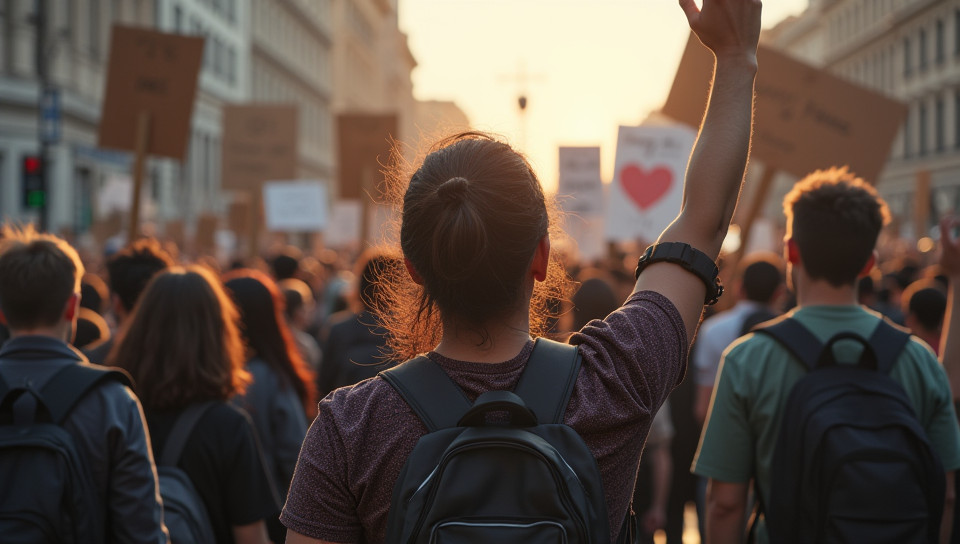Civil disobedience may not be tolerated by governments 74%

Civil Disobedience: A Delicate Balance Between Protest and Suppression
In a world where freedom of expression is often touted as a fundamental human right, the concept of civil disobedience has become an increasingly contentious issue. Governments around the globe are faced with the challenge of balancing the need to maintain order and stability with the citizens' right to protest and express dissent.
The Origins of Civil Disobedience
Civil disobedience, as a form of non-violent resistance, has its roots in ancient civilizations. From Mahatma Gandhi's Indian independence movement to Martin Luther King Jr.'s civil rights activism in the United States, this approach has been used effectively to bring about social change.
The Limits of Tolerance
While governments often claim to be tolerant of peaceful protests and demonstrations, the reality is that many forms of civil disobedience are not tolerated. In fact, history has shown us that governments have consistently responded to civil disobedience with force, suppressing dissent and punishing those who dare to challenge their authority.
- Examples of suppressed civil disobedience include:
- The Tiananmen Square protests in China
- The Arab Spring uprisings in the Middle East
- The anti-apartheid movement in South Africa
Consequences of Suppressed Civil Disobedience
When governments suppress civil disobedience, they often create a powder keg of discontent that can lead to further unrest and even violence. This is because suppressed dissent does not go away; it festers, waiting for an opportunity to erupt into full-blown rebellion.
The Future of Civil Disobedience
As the world grapples with issues like climate change, economic inequality, and social justice, civil disobedience will continue to play a crucial role in shaping public policy. However, governments must be willing to engage in constructive dialogue with protesters and address their grievances in a meaningful way.
Conclusion
Civil disobedience is not a luxury that governments can afford to tolerate. Instead of suppressing dissent, they must learn to listen to the voices of their citizens and work towards creating a more just and equitable society. By doing so, we can build a world where freedom of expression is truly valued, and civil disobedience is seen as a necessary tool for effecting positive change.
This article provides valuable insights into the complex relationship between governments and civil disobedience. It highlights the importance of striking a balance between maintaining order and respecting citizens' rights to protest and express dissent.
- Created by: Shivansh Kumar
- Created at: Sept. 12, 2024, 11:29 p.m.
- ID: 9325








